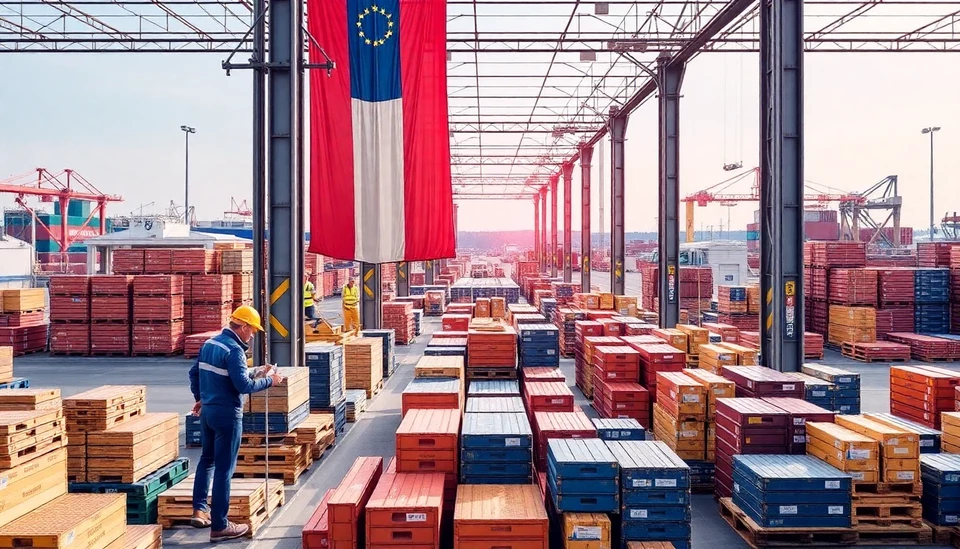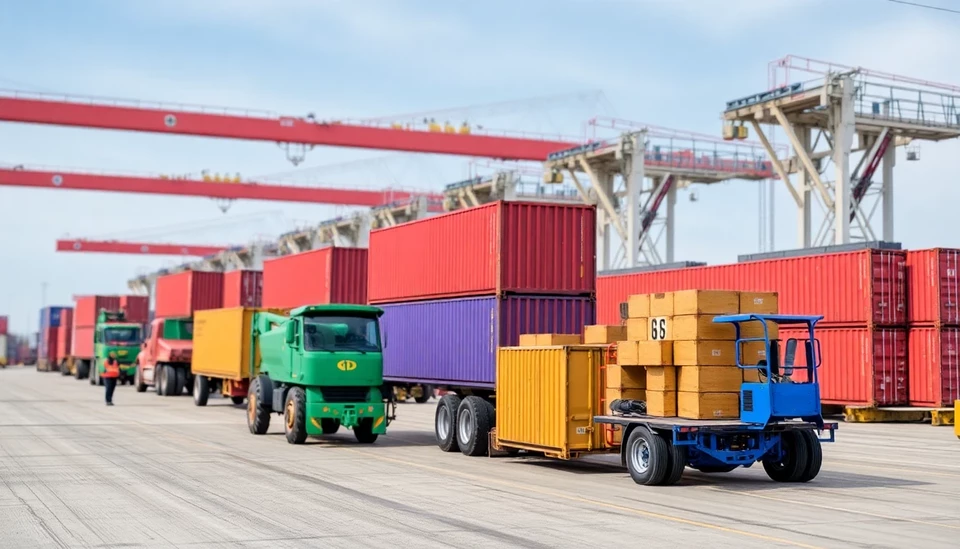
In a strategic response to impending tariffs, European firms are rapidly adapting their operations to mitigate the anticipated financial impacts. These changes, primarily involving stockpiling inventories and relocating production processes, indicate a proactive approach amidst shifting trade policies that could disrupt the market landscape significantly.
As government officials across Europe signal that new tariffs are likely to be implemented soon, businesses are scrambling to devise strategies that will safeguard their profit margins and sustain competitiveness in an increasingly challenging global environment. Companies from various sectors are engaging in extensive contingency planning, with many opting to stockpile crucial materials and components to avoid potential disruptions in their supply chains.
Notably, firms that heavily depend on imports from regions facing heightened tariffs have initiated efforts to reconfigure their sourcing strategies. This shift allows them to decrease their reliance on any single source, helping to buffer against sudden cost increases resulting from new trade barriers. Industry experts highlight that this phase of adjustment is essential for maintaining operational stability and competitiveness in a market fraught with uncertainty.
Furthermore, many manufacturers are considering relocating parts of their production processes closer to their regional markets. This shift not only aims to limit exposure to potential tariffs but also to enhance supply chain efficiency by bringing operations closer to customers. Firms in sectors such as automotive, consumer electronics, and pharmaceuticals are at the forefront of this production reconfiguration, indicating a broader trend that could reshape industry dynamics across Europe.
The forthcoming adjustments are not without challenges; businesses face increased costs related to logistics, labor, and potential disruptions during the transition period. However, the overarching sentiment in the boardrooms of these European firms remains resolute—prepare now to protect future profits. Executives are under pressure to navigate these changes skillfully while ensuring they remain adaptable to the ever-evolving landscape of international trade.
As these developments unfold, stakeholders are urged to observe how these production shifts will influence market pricing, consumer behavior, and international relations, particularly with nations that are key trading partners. The next few months will be critical for evaluating the long-term implications of these strategic adaptations as they aim to shield their businesses from tariff-related adversities.
In conclusion, what we are witnessing is not just a reaction to tariffs but a transformation in how European companies operate in an interconnected global economy. The readiness to pivot operations and stockpile essential goods highlights the resilience of these businesses amidst external pressures.
#Tariffs #EuropeanFirms #ProductionShift #SupplyChain #TradePolicies #Manufacturing #BusinessStrategy
Author: Victoria Adams




